The newly-promoted Mark Scout (Adam Scott), is placed in charge of a team of workers whose memories have been surgically split between their work and personal lives. Work-life balance has never felt so scarily disconnected. That is until the arrival of a new employee, who shakes up their functional world and causes a spill-over between realities. Severance is Apple TV Plus’ latest addition to their mantle of excellence, bringing the ‘panic!’ to the workplace.
In this Goggler exclusive, we spoke to director Ben Stiller and actor Adam Scott about creating the world of Severance and its influence on the tone of the series.
Umapagan Ampikaipakan: You’ve crafted this world that is different, but not unfamiliar. Ben, how did that familiarity help you in telling this story?
Ben Stiller: That’s good to hear. That was always the idea. It came to me from reading and then writing this pilot, and it was so, so original and so evocative, that idea of a familiar and yet not familiar world. And I felt we had to go off and understand the reasons for everything that existed in the world.
But in terms of the creation of the outside world, that was almost a little more challenging to figure out. The word “generic” kind of just came up a lot because I felt it should feel like a place that we know, but we’re not quite sure specifically where it is. It’s America, but what time frame. It’s now-ish. But I didn’t want to see any reference points of things that might be dated or put it in a specific time frame so that it could just be, like you said, familiar yet not familiar. And I think that was all there in the writing and really fun to explore.

UA: And what was it like for you Adam? What was it like acting and performing in that world? One that’s just different enough, but still relatable.
Adam Scott: Yeah, that’s one of the things I really loved about the incredibly detailed world that Dan (Erickson) came up with and then Ben really brought to life. Just the detail of what Ben was saying, this sort of town, in this world, in this time, where as far as the phones and the cars and stuff go, there’s not a real era you can pin any of it down on.
And, as far as being in that world, it was fascinating because Lumon is one of those companies that you look at the back of your cereal box, and you’re like, “Oh my God, they make this? And then also, they make the air conditioner?” It’s like whoa, it’s one of these kinds of ubiquitous companies. And they have a specific culture behind them that they are pushing out into the world. So it’s only a few degrees off from our reality. It’s a space that I find really fascinating, and that Ben and Dan so specifically brought to light. It was so fun to be a part of.
UA: It’s very cool. Incredibly frightening, but very cool.
UA: Just going back to the aesthetic of Severance. Ben, can you talk to me about how everything being so precise and symmetrical helped with the telling of this story?
BS: Thank you for asking that. It was very enjoyable. I mean, not to downplay OCD, but I think it’s those elements of wanting to see things in a certain way that I have inside me. There are things you can’t control in the real world. But you have an opportunity to do that when you create something. And it felt like this story, and this world, visually supported that.
In terms of the writing, it was an opportunity to create something that was pretty specific. And honestly, all of that stuff is fun, but it is secondary to the world. I wanted to create this really perfect world for the actors to exist in, because ultimately, it’s a very bland space. And we wanted the space to be interesting enough that it had texture, angles, and environments that would photograph interestingly. But really, it’s just a place for these actors, and these human beings, to be interacting with each other. So that was part of it.

BS: We were always concerned with what’s going to pop in these scenes. What is it going to be like for the actors? These poor people stuck in this white room talking to each other for nine hours. And so, every little decision became important in terms of, how do we highlight that? I think even the colors of what the actors were wearing was important, because that would become as much of an element in the scene as anything else. Because it was such a controlled and kind of bland environment.
Ultimately, the show lives and dies on the fact that you’re interested in these people, these human beings who are in this very sterile place. And I think that makes their humanity all the more interesting and important.



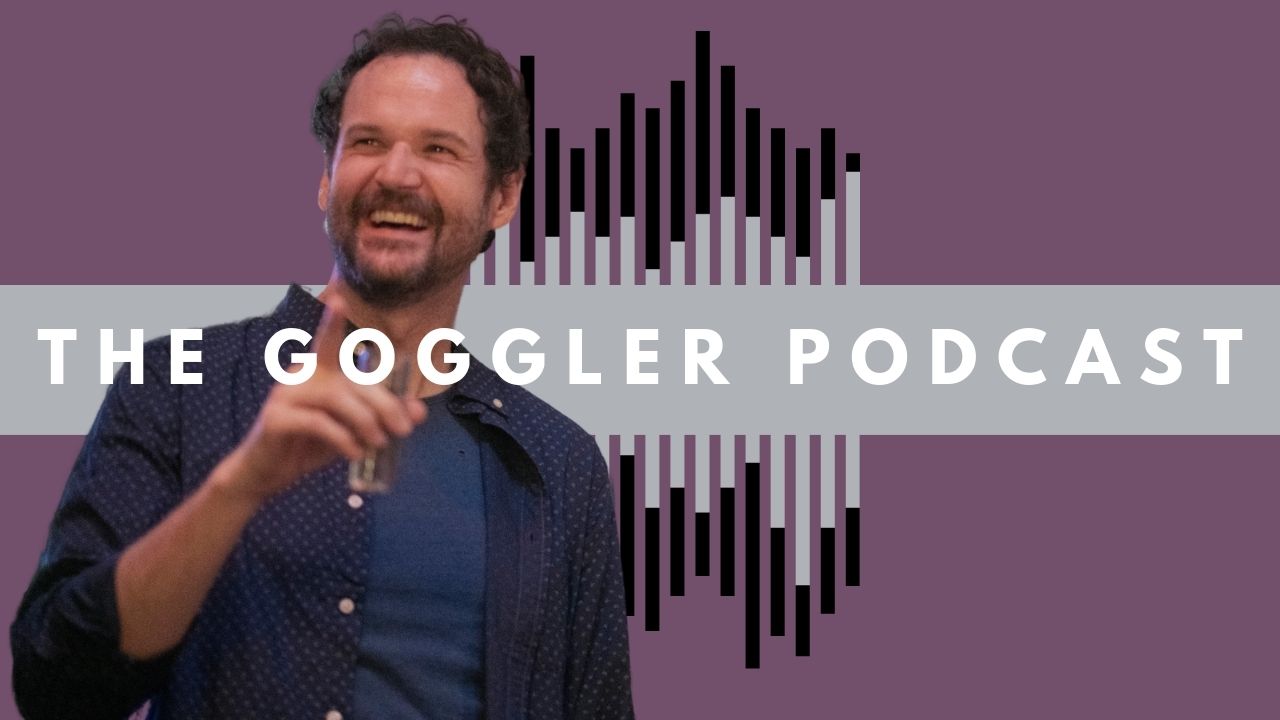
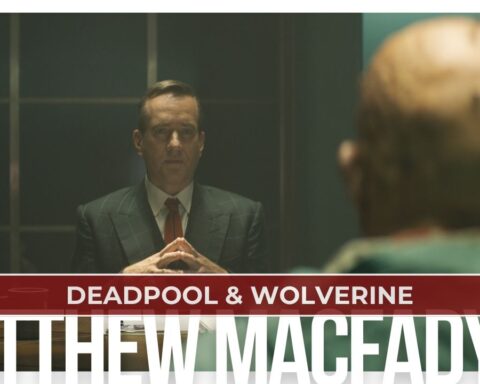
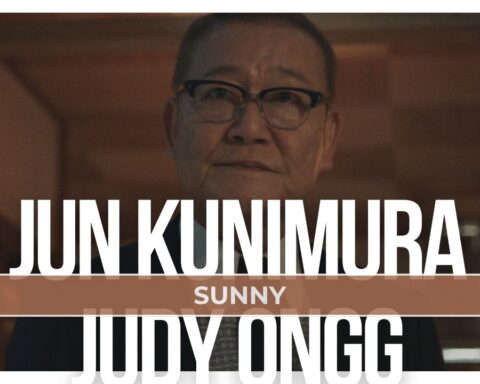
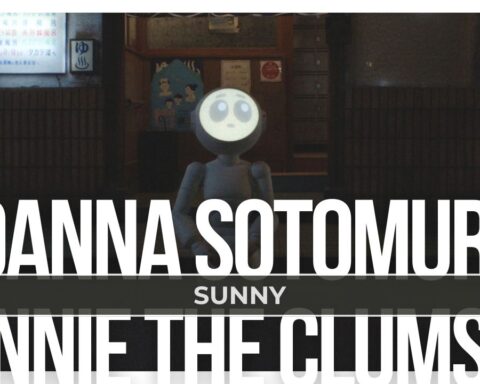
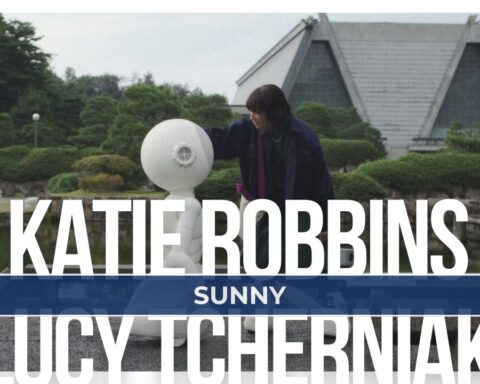
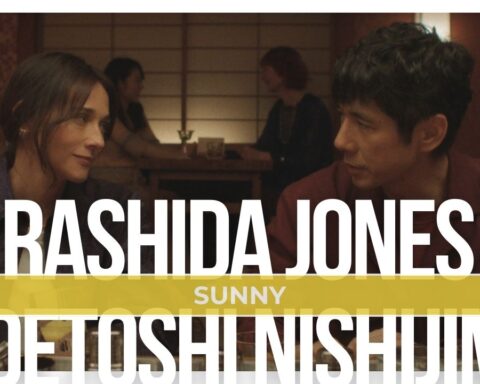
Follow Us